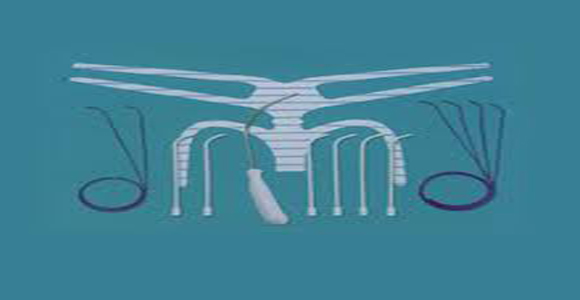If you are a woman who has underwent surgery for pelvic organ prolapse (which sometimes occurs in women after childbirth or surgery, causing the womb to fall into the vaginal area), and have received a surgically implanted transvaginal mesh implant, you may have questions. For women who have pelvic organ prolapse, a mesh insert may be inserted through the vagina in order to repair the pelvic organ prolapse (POP). However, on July 13, 2011, the FDA issued a warning that females who have the surgical mesh placement through the vagina to repair pelvic organ prolapse may be exposed to greater risk than other surgical options. 
Many women who have experienced complications following surgery have been affected because of problems with the Bard Avaulta system. The Bard Avaulta mesh insert is just one of the various types of transvaginal inserts that doctors have used. Women who have the Bard Avaulta mesh insert may have experienced the following:
– Infection
– Erosion of the mesh into the vagina
– Urinary problems
– Pelvic Pain
– Vaginal Pain
– Hardening of the vaginal mesh
– Injury to nearby organs
– Difficulty during sex after vaginal surgery
– Pain too extreme to allow sexual intercourse
The Bard Avaulta Anterior and Posterior Biosynthetic Support System, also commonly referred to as Bard Avaulta Mesh or Bard Avaulta System, is a vaginal mesh created by C.R. Bard to correct and restore normal vaginal structure after a pelvic organ prolapse. However, despite its intended use, the Bard Avaulta System may have actually caused greater harm than good. Many women treated with the Bard Avaulta system have indicated that defects in the design of the vaginal mesh caused them to suffer severe injuries and complications after surgery.
Synthetic mesh systems like the Bard Avaulta have been linked to numerous reports of problems, most frequently involving erosion, extrusion, infection, hardening of the mesh, chronic pain and damage to surrounding organs. At the 2004 World Health Organization 3rd International Consultation on Incontinence, it was reported that vaginal mesh procedures have an unacceptably high rate of complications. As a result of the risks, it was recommended that synthetic mesh systems not be used until more approved clinical trials were conducted.
The Bard Avaulta is designed to allow tissue infiltration, which makes it very dangerous and complicated to remove the vaginal mesh. Complications from Bard Avalta and from mesh removal are life-changing and can be irreversible. Complete Bard Avaulta mesh removal often requires multiple surgery procedures and results in scarring of pelvic tissue and muscles.
Bard Avaulta lawsuits allege that C.R. Bard was negligent in the design and sale of the Avault system. Since the vaginal mesh was introduced, the manufacturer knew or should have known that the Bard Avaulta mesh was defective and could lead to erosion, hardening and shrinkage of the mesh materials and other complications that may have a devastating impact on women. Despite the known risks of Bard Avault procedure complications, the manufacturer failed to adequately research the product and establish that it provides both long term and short term efficacy. In addition, they concealed known risks and failed to warn of the dangers and risks with Bard Avaulta mesh for pelvic organ prolapse.
For these and many others reasons, the law firm of Childers, Schlueter and Smith, LLC based in Atlanta, Georgia continues to review and investigate potential Bard Avaulta mesh cases across the country. Initial Bard Avaulta case consultations are free of charge. All inquiries are completely confidential and will be discretely discussed with a trained attorney.






